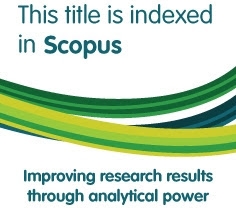Bayn ma‘had Tebuireng wa Madrasat Manba‘ al-‘Ulūm: Dirāsah tārīkhīyah ‘an nash’at mafhūm “Al-Madrasah fī al-Ma‘had”
Abstract
This article discusses the history of modernization in Indonesian Islamic education, and how its traditional education system is open to modernizing forces. By examining Pesantren Tebuireng and Pesantren Mambaul Ulum, Java’s two old Islamic boarding schools this study explains how the two pesantrens had become the subject of modernization to introduce “madrasah” system. The existing literature in the field suggests that there are two different opinions as to who was the first institution to develop the madrasah model—Pesantren Tebuireng or Pesantren Mambaul Ulum? This study reveals that, historically, Pesantren Tebuireng was the first pesantren that implemented the madrasah model; Pesantren Mambaul Ulum was not, given the fact that the latter is, institutionally, not a boarding school. There are two reasons why Mambaul Ulum is not considered as an Islamic boarding school. Firstly, the main founder of Mambaul Ulum was a King; therefore, intellectually, he did nothave a tradition with the Islamic boarding school system. Secondly, Mambaul Ulum was established with different motives, compared to other Islamic boarding schools established in Java at the time.
Keywords
Full Text:
PDFDOI: https://doi.org/10.15408/sdi.v21i1.882 Abstract - 0 PDF - 0
Refbacks
- There are currently no refbacks.

All publication by Studia Islamika are licensed under a Creative Commons Attribution-NonCommercial 4.0 International License.
Studia Islamika, ISSN: 0215-0492, e-ISSN: 2355-6145
View My Stats
